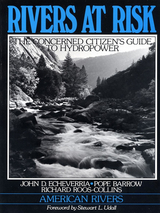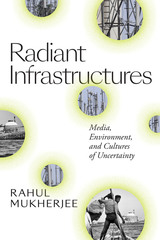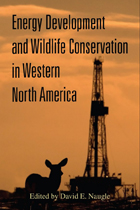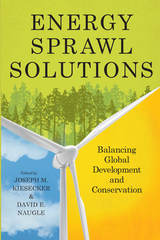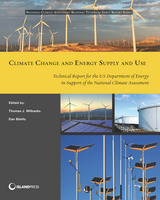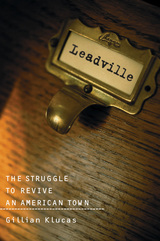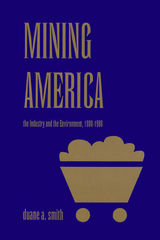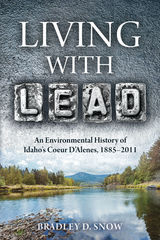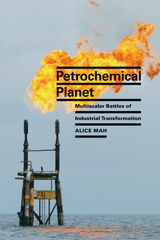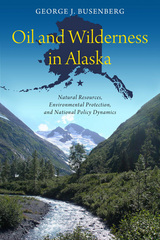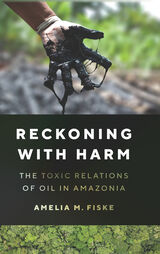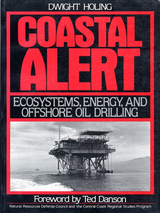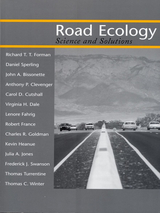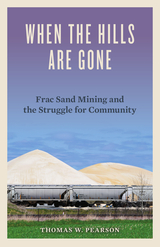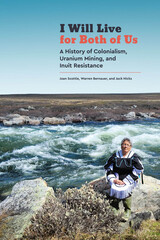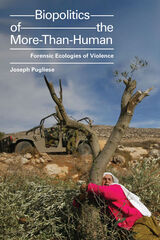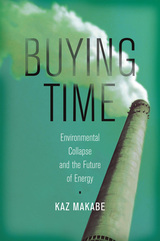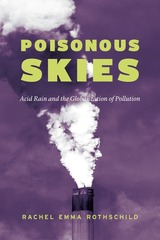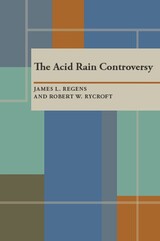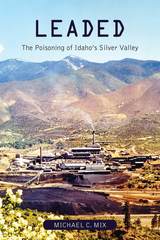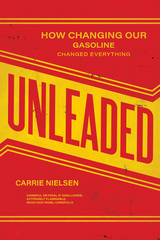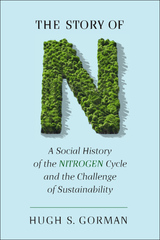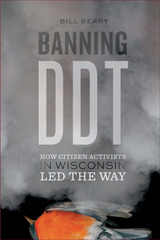An empathetic and reflexive ethnography of the expansiveness of the socioenvironmental burdens—physical, emotional, generational—borne by peoples in the Ecuadorian Amazon because of the oil industry’s presence in the region. Recognizing the responsibility required to respectfully tell stories about harm, Fiske goes beyond technocratic explanations of regulatory science and law and instead traces the myriad relations through which harm is constituted and evaluated, intimately and expansively. In a search for larger truths that “open up” harm from narrow understandings of culpability and damage, Fiske moves toward a theory of relational accountability—a reckoning—that calls for collective acts of reparation, remediation, and justice.
— Gabriela Valdivia, University of North Carolina at Chapel Hill, coauthor of Oil, Revolution, and Indigenous Citizenship in Ecuadorian Amazonia
In her agenda-setting study of oil’s transformation of Amazonian Ecuador, Amelia Fiske brilliantly demonstrates the power of medical anthropology and science studies by combining nuanced ethnography, textual analysis, and theoretical engagement to reveal the harms of industrial toxins as well as their scientific, legal, and regulatory concealment. For anyone interested in understanding the complex question of how we can become certain of the petroleum industry’s impacts on this planet and its peoples, Reckoning with Harm is an essential source that will guide scholarship, activism, and public debate for decades to come.
— Michael L. Cepek, University of Texas at San Antonio, author of Life in Oil: Cofán Survival in the Petroleum Fields of Amazonia
Reckoning with Harm disarms, revealing that the wounded worlds that issue from oil extraction are deeply relational. A keen ethnographer, Amelia Fiske demonstrates in moving prose how the unbounded, yet embodied, effects of oil operations on everyday lives confound techno-industrial-scientific logics that seek to contain contamination.
— Suzana Sawyer, University of California, Davis, author of The Small Matter of Suing Chevron
Reckoning with Harm paints a vivid and distressing picture of the Ecuadorian Amazon, where the entwining of oil and life has left an enduring impact on both the environment and the people who call this place home . . . The lessons within this book are immeasurable.
— Latina Republic
Reckoning with Harm is an exceptional study of the production of socioecological suffering arising from predatory oil extraction in the Ecuadorian Amazon...[Fiske] skillfully weaves scholarship across disciplines, presenting a novel exploration of how such forms are being attended to, verified, and contested...[Reckoning with Harm] poses crucial questions about responsibility and the long shadows of resource extraction while offering nuanced analysis of the complexities. A must-read for students and scholars of Latin American history and environmental injustice in contexts of resource extraction.
— CHOICE
In sum, Amelia Fiske’s historic and ethnographic study includes oil harms to local indigenous forest residents but clearly introduces and details many colonists’ poorly-known lives…many with critical local and long-term health suffering, amidst defensive corporate explanations. As with the broad human rights demands now linked to forested Amazonian Indigenous groups, many poor and recent colonists deserve similar international support.
— ReVista: Harvard Review of Latin America

